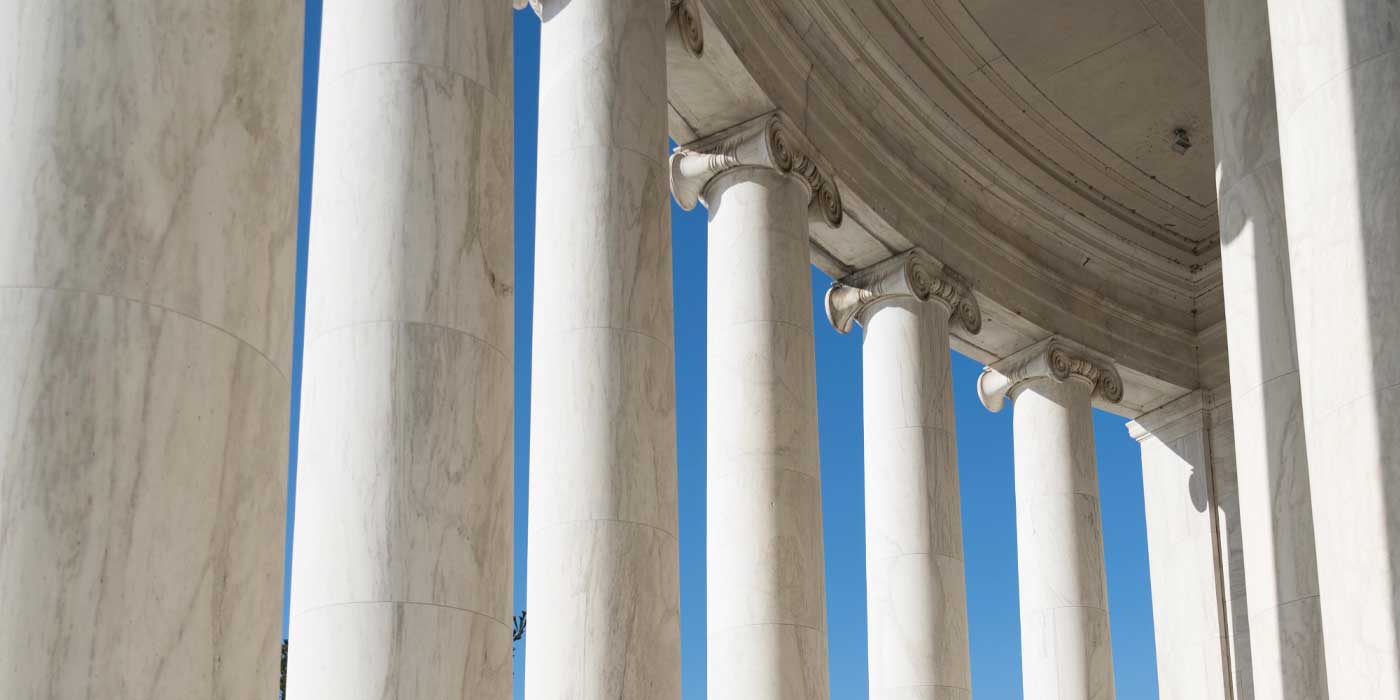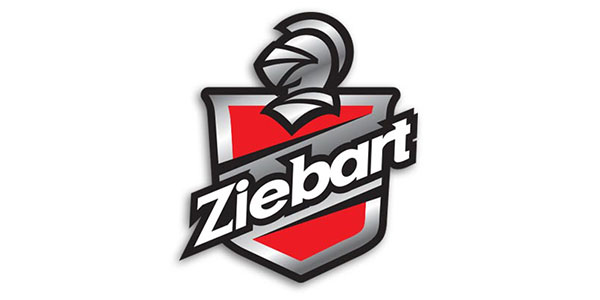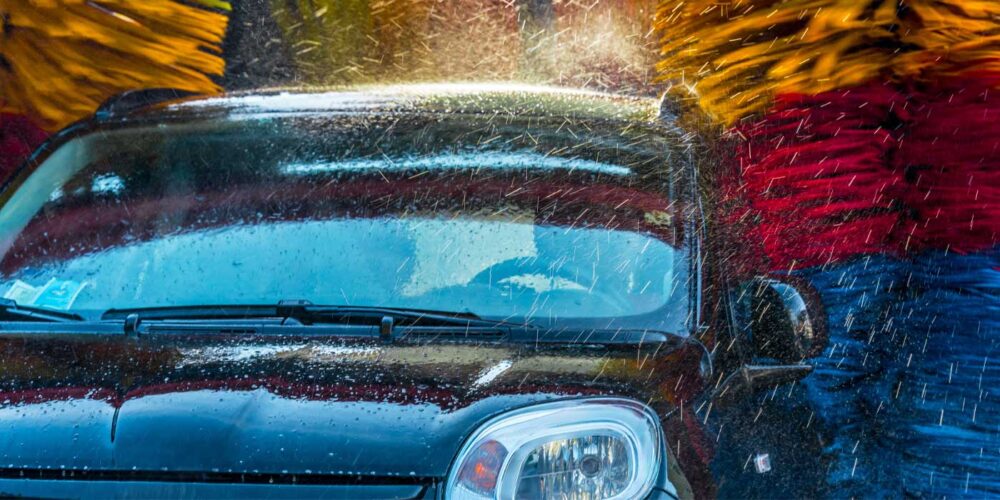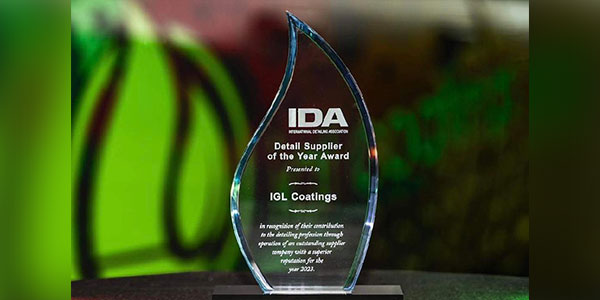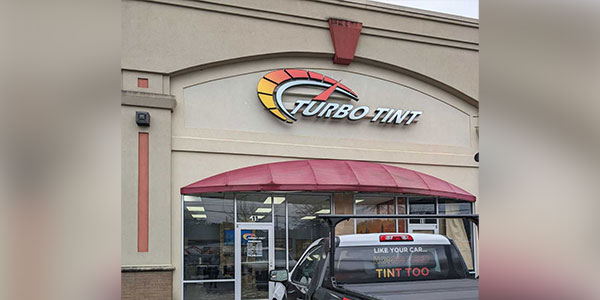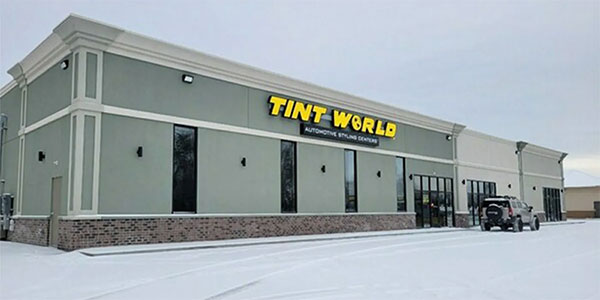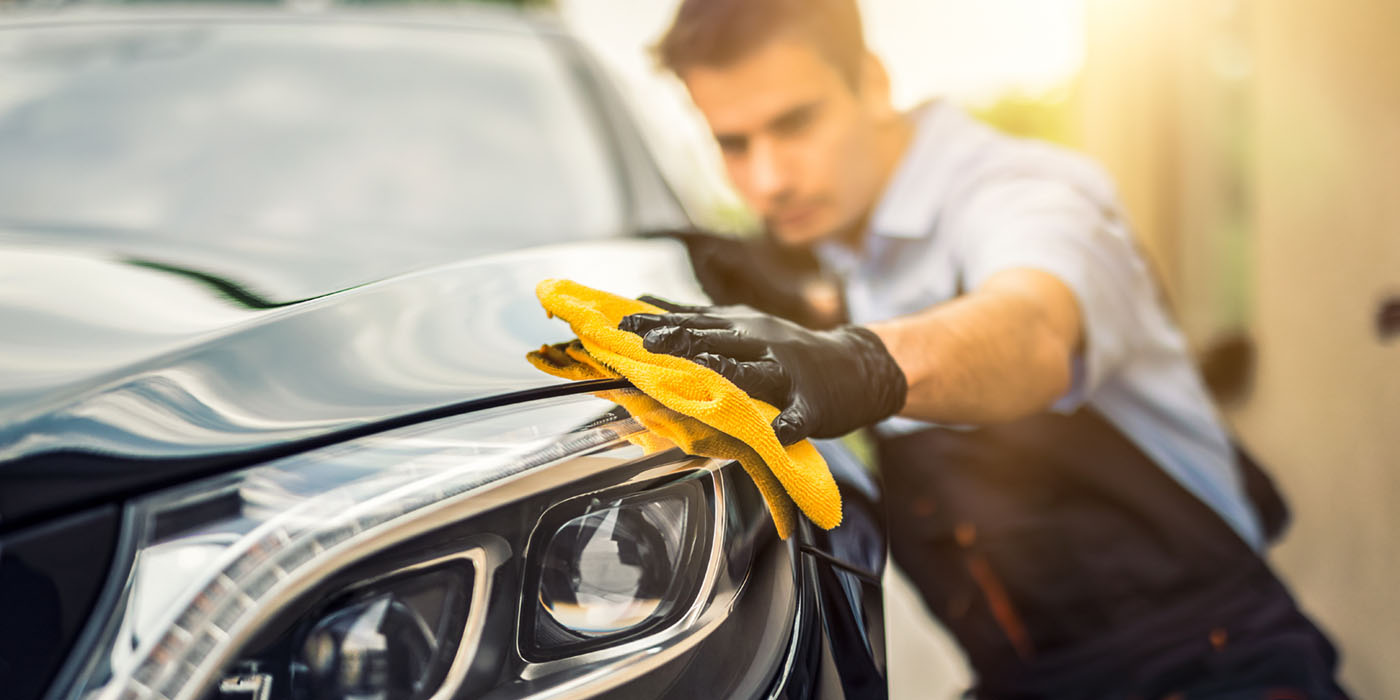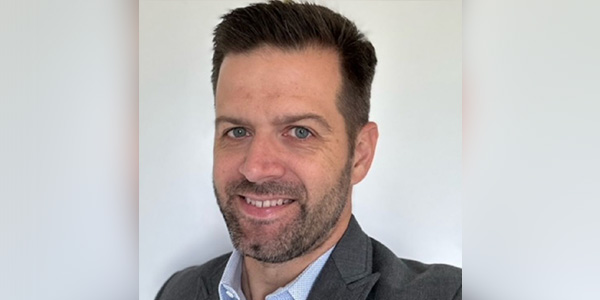Where there are cars, there are carwashes. So while carwash technology, regulations and environmental issues may differ from country to country, the need for a clean car, and therefore a professional carwash, remains.
Professional Carwashing & Detailing decided to take a look at some of the critical issues affecting carwashes around the world in order to give North American operators a better understanding of the industry and ideas for improvement at home.
Indeed, many of the topics discussed here have the potential to affect carwash businesses in the United States. A glimpse of how international operators handle drought, government regulations and labor issues can help you plan for the future and re-evaluate your own carwash business.
Some problems are unique. In Russia, for example, the government fines owners of dirty cars — imagine a customer coming to your site to skip a ticket! Other problems are worrying. A drought in Australia is threatening to destroy the entire carwash industry.
And some problems are familiar: price hikes, labor shortages, water regulations.
Regardless of the type of problem faced, the industry itself continues to grow in a wide variety of environments. And in each it seems to attract the same kind of person: an adventurous entrepreneur, hell-bent to face each and every problem head on to persevere.
Spotlight: Australia’s drought
It is the worst of times; it is the best of times. As severe drought takes over the continent, carwashes see rising volumes, but are faced with serious water shortages and worry they could be shut down at any moment.
The trouble started in 2002. As Australia’s water supply slowly started to dry up, its carwash industry started to expand. With more vehicle owners than ever being chased out of the driveway, customers started to line up at professional washes. Over 90 percent of the population is affected by the drought to some degree, according to Greg Boston, an Australian carwash owner and president of the Australian Car Wash Association (ACWA).
Under severe drought restrictions, in-bay automatic (IBA) carwashes are only allowed to use about 19 gallons of potable/fresh water per car. Areas hardest hit are Queensland, at Level 5 water restrictions, and Victoria, at Level 4 water restrictions.
In Victoria, the local government legislated some time ago that carwash water supply was to be withdrawn at Level 4 restrictions, but after lobbying by the ACWA and consultation with the industry, the area has introduced a new level: 3A, which allows carwashes that use less than 19 gallons of water to remain open.
Queensland operators were able to negotiate to remain open in Level 5, also with requirements stating the carwash must use less than 19 gallons of fresh water per car.
Obviously, water recycling is a big deal here, and most automatic operators reclaim about 70-80 percent of their water. Surprisingly, Boston said most self-serve sites without IBA’s don’t recycle, but instead use a low level of fresh water per car.
And while drought restrictions have forced car owners to professional carwashes, the country still has a lower percentage of carwash customers than the U.S. “We feel our customer base is growing, but individual consumers are washing less often,” Boston explained. The net result? Business is slightly better or about the same, and with the constant fear that some day professional carwashes could be banned altogether.
The association
Boston estimates that about 60 percent of Australian carwash owner/operators are members of the ACWA, which was formed in 1990. It’s membership has doubled over the past two years, he said, and it has managed to build a “fighting fund” of about $100,000 to deal with drought issues.
The association also introduced the national Car Wash Water Saver Rating scheme — the aim of which is to establish an easily recognized and audited standard of water use in all types of carwash equipment. It lets the public know how environmentally friendly each carwash is, as well as serves as a guide for water regulators to ensure compliance with local and regional water restrictions.
The system, based on a 5-star grading potential, also gives the industry a professional status in the community, Boston said, and helps to unify the entire business.
(For more information on the rating scheme, visit: http://www.carwashwater.com.au)
Similarities and differences
The Australian market has a few key differences and similarities to the U.S. market. For one, the industry here features a high level of IBA and self-serve carwashes, more like the European market than the U.S. Touchless IBA’s are more popular than is common in Europe, though.
If any comparison hits close to home, it is probably the Canadian market, which is also dictated by a sprawled out population and a large do-it-yourself consumer base. Customers may drive 30 miles to visit the nearest carwash, increasing the site’s market area five or ten times more than an American location.
The majority of Australian washes are also more modern than U.S. washes because the market is so young, Boston explains. Water reclaim technology is similar to the U.S., as well as pricing of both the carwash system and the carwash for the consumer.
And, finally, much like the approval process in the United States, Australian carwash operators are usually bogged down by concerns about noise and loitering. “Typically, blowers are not approved in residential areas,” Boston said. “There are time constraints put on, too. In Melbourne, it is now 7 a.m. to 10 p.m. in residential areas.”
Spotlight: German law mandates carwashing
Even in Germany, where driveway washing is strictly forbidden by law, home washers still find a way. About 20 percent of vehicle owners continue to wash in the driveway, according to Thorsten Krüger, CEO of WashTec AG, the German carwash supplier and parent company of Mark VII.
All in all, it’s a rather rosy picture here. The typical customer recognizes the benefits of professional carwashing and the number of home washers continues to decline each year. Krüger said there is no typical income bracket for a carwash customer, as it spans all sorts of occupations and budgets. In Germany, the household income dictates only “the number of washes per month,” he explained.
Another advantage for German operators? The German press has a particular love of the carwash and regularly features it on TV. Every broadcaster does some kind of material test or “song and dance” about the latest carwash technology, Krüger told PC&D. It helps that the company’s foamed polyethylene material, SoftTecs, has been a winner on several occasions.
Regulations & differences
The government does have some pretty heavy regulations regarding water recycling, but for the most part, this works in the carwash’s favor, Krüger said. Carwashes are able to recycle about 85 percent of the water used, requiring only 15 percent fresh water for a single wash.
There are also regulations on the hours of operation for carwashes, although that has been changing lately. Some regions in Germany continue to ban carwashing on Sundays and some holidays, due to religious observance, and there are some smaller associations that work to lobby these areas for Sunday and holiday hours.
A key difference between American and German carwashes would not only be the type of carwash (like the rest of Europe, German sites favor IBA’s, typically friction) but also the type of investor in the market. You won’t find many “newbies” in this extremely developed market.
“The European market is an exchange/replacement market,” Krüger said. “Very few new sites come into existence.”
And there are a lot of carwashes around; about 50,000 IBA carwashes and 5,000 tunnels, Krüger estimates. (To give you an idea of how many carwashes that is per capita, the country has a population of about 82 million squeezed onto land that is half the size of Texas – which has a population of about 23 million.)
Another big difference between German and American carwash customers? Gas prices don’t negatively influence their carwash purchases — they positively influence them. According to Krüger, European car owners are eager to spend more on their vehicle and driving when gasoline prices rise. “Mobility and the car are king and queen,” he said. “If there is more money, it can be spent for an additional wash.”
Spotlight: China’s water worries
Similar to problems in California and Brazil, carwashes in Beijing operating without a license can be shut down, putting many employees out of work. Previously, unlicensed carwash operations blossomed on every street corner with operators tapping into the city’s water lines. Businesses who want to tap into the waterlines now must pay tariffs, but many carwash operators skip the fee.
Once evening had set, many illegal operators would take to the streets, setting up along long stretches of major highways. High water prices and heavier enforcements have ended the popularity of this practice, though.
Supply and demand studies conducted by the World Bank Beijing Office in the Huai, Hai and Yellow River basins of North China say that the water shortage is nearly 91 billion cubic yards per year. The study predicts that price hikes, increased reuse of water, improved efficiency of water delivery or water diversion projects could grow by 32 cubic yards by the year 2050. For carwashes, this will mean increased implementation of water recycling measures and installation of RO systems, a popular trend in drought stricken areas of the U.S.
The cost of water
U.S. operators facing rising water prices will find a sympathetic ear in carwash owners of China. A report by the Beijing Academy of Science Economics Institute shows an increased awareness that the city is already over-drawing its water resources. Statistics indicate China’s per capita possession of fresh water resources stands at one quarter of the world average.
Chen Haiyi, manager of the Beijing Hairunda Auto Service Company, said his carwash business will be heavily affected but that he plans to install measures to recycle water.
Even though carwashers like Haiyi plan to use recycled water, there will still be a fee. Recycled water will cost roughly 5 yuan ($0.65) per ton while tap water is expected to cost 60 yuan ($7.81) for carwash companies.
A dusty advantage
And for some Beijing carwash operators, the issue isn’t water — but the dirt. Dust storms here can be a very welcome source of revenue. Xie Jun, a carwash owner in the Chaoyang district, said cars dirtied from dust storms can increase his business by nearly 70 percent.
“Normally, I only get to wash a few dozen cars every day,” said Jun. In one sandstorm that swept the city, Jun washed over 100 cars in the morning.
But today China and neighboring Mongolia are planting a green version of The Great Wall to block dust storms. Composed of pines, willows, oleasters (a tree with fruits like olives), junipers, hawthorns, aspens and other trees, the countries hope to prevent the dirt from covering the city in layers of sand and dust. So Jun’s gold dust days might soon be over.
Spotlight: Opportunity knocks in Romania
While the situation seems bleak, opportunity is actually ripe here, according to Joseph Moldovan, a native of the country and president/CEO of Qual Chem, a chemical manufacturer for the carwash industry. Moldovan left Romania 23 years ago and settled in Akron, OH, where he worked as a chemical engineer for a few years until settling into the carwash industry.
According to Moldovan, Romania’s carwash industry is much like the rest of Europe’s: controlled by oil companies and rather bland. It features mostly friction IBA equipment as ancillary profit centers for gas stations and convenient stores.
Romania also struggles with a poor economy since emerging from Communism in 1989. Many vehicle owners can barely afford their car, let alone a carwash. The situation is slowly improving as the newly democratic government transforms the country’s economy, but it doesn’t help matters for carwashes.
“From a chemist’s standpoint, it is very difficult to clean cars that have not been cleaned for years,” Moldovan explained. And therefore, many carwashes — already using the bare minimum of technology — are not able to efficiently clean a vehicle, leaving customers discouraged with the results.
Room for tunnels
Moldovan estimates that 85 percent of the carwashes here are operated by gas stations and attached to those locations. “When I was there two years ago, there was only one tunnel,” he said. And even the IBA’s are mostly older-model friction equipment.
Illegal hand washes are big here, he said, but not considered a real competitor to the automatic carwash. Instead, the big competition is for discretionary spending dollars. “The dispensable income is just not there,” Moldovan explained.
The price is considered steep even by wealthier entrepreneurs who want to invest in the industry. The property is usually worth more than the carwash, and oil companies remain the only viable operators.
Still, Moldovan remains convinced that Romania is the next frontier. He continues to search for property to build a carwash there. “Nobody wants to wait an hour to wash their car at an oil station,” he said.
“There is no question in my mind that these poorer countries with undeveloped carwash markets are where the future is.” With modern equipment, a carwash owner would be able to squash his competition with faster processing and better chemistry.
Not only is it a ripe opportunity for a carwash investor, Moldovan also said Romania and other struggling countries are a sound investment for manufacturers and suppliers. “Carwash operators need better equipment,” he said, “and they are willing to pay for it.”
Spotlight: Russia’s shut-out
A few years ago, the city government in Moscow launched a plan to build 30 state-of-the-art carwashes in the city. Under this plan, 51 percent of the carwashes would be property of the government and would possibly be located next to many existing carwashes. The other 49 percent would be owned by yet another government association.
The city owned company, Chistaya Moskva (meaning Clean Moscow) passed the resolution “on the steps for further development of carwash enterprises in Moscow.”
Under the same resolution, the city was given the authority to close down 600 carwashes already existing in the proposed building area. Most of the targeted carwashes were self-serve or IBA, existing at multi-profit service stations featuring gas. Because the carwashes were fitted with older equipment, the government justified their closing.
The Administration of Transport and Communications was given the task of closing the carwashes for the aforementioned reason and a long list of other factors, including safety concerns and environmental impact concerns.
No dirty cars here
Vehicle owners in Moscow beware: those who fail to ensure their vehicles are free of dirt and grime are liable to be fined. This is an unpopular law among vehicle owners, who feel it is a scam by local police to get money.
According to a poll taken by the Russian newspaper Izvestiya, 46 percent of readers agreed a car was dirty if the license plate was not visible. A small but stubborn 9 percent of readers said that a vehicle was dirty only if the actual driver was invisible.
When vehicle owners try to keep their cars clean, they face incredible lines. Tucked away on a resident’s online blog were comments claiming a carwash customer could finish a novel while waiting in line at a local carwash.
Similar to making a reservation at a restaurant for dinner, Russian carwashes take the names of vehicle owners wishing to have their car washed days in advance. When the blogger skipped the list and went to a no reservation carwash, he waited three hours in line. And carwashers in the U.S. thought that our snowy and slushy February weather brought in the lines — imagine taking reservations.
Spotlight: Ecuador’s financial barriers
Carwash owners and operators are facing a dire financial situation in Quito, Ecuador’s capital. With a population of 1.5 million, substantial oil resources and rich agricultural areas, owners and operators are having difficulty setting up shop due to the high interest and short term bank loans. Most carwashers find the best way to avoid bank problems is to deal strictly in cash, but few can afford that option.
Due to low investment costs, the most popular type of carwash is the hand wash, lacking in quality control.
In an interview with PC&D, Carlos Laso, owner of Carwash Limpiocar (the only carwash in Quito featuring a tunnel conveyor), said there are over 2,000 hand washes in the capital. Currently, only six rollovers can be found in the city, said Laso.
Spotlight: Argentina’s labor issues
In Buenos Aires, Argentina, the economy is just beginning to recover from a meltdown. Carwashes are finally able to pay workers and thus, have increased staff and business. The population of cartoneros (the literal translation meaning cardboard), named after street urchins who dig through trash to sell pieces of cardboard among other items, has finally seen a decrease, with many finding work in tire repair shops and carwashes.
For more than a decade, the Argentine peso was equal 1:1 with the U.S. dollar until the recession. Presently, the government places the peso at 3:1 with the U.S. dollar with hopes to boost tourism, exports and construction.
Argentines remain skeptical about the recent boost to the economy mostly because credit programs that fell during the crisis haven’t regenerated, resulting in a costly effect on home owners and small businesses, carwashes included. While home mortgage interest rates have soared above 12 percent, wages are the biggest complaint among carwash employees.
Many workers say cost-of-living adjustments are long overdue. Unlike Americans who’ve experienced a rise in minimum wage, Argentines await what seems to be a long overdue situation.
Spotlight: Brazil’s regulations
Nearly 92 percent of business, 76 percent of rural properties and 65 percent of dwellings in 12 Latin American countries are small or micro-businesses set up as a result of individual or family self-employment, according to a report by Instituto Libertad y Democracia think-tank. These figures include carwashes as well as businesses that are not registered or that operate without full legal permits or without limited liability.
Carwashes operating in Latin America without legal permits mirror similar activities in California. The Governor of California recently passed a law requiring any carwash or detail business register with the state. According to the law, non-registered carwashes could face fines of up to $100 per day or be ordered to close down.
The Brazil report said most carwashes in Brazil consist of dead capital, operating outside formal economy, paying low wages off the books, ignoring taxes and regulations. Carwash entrepreneurs are sometimes the most overlooked sustainable development initiative, said a company representative from DryWash, a company using native Brazilian wax to clean cars without the use of water.
Spotlight: Chile’s labor laws
Francisco Alvariño, a carwash owner and operator in Chile, voiced similar concerns as U.S. operators: land use and labor regulations as major obstacles facing the industry today.
“Government tells you how to run your shifts, number of working hours and for example, they forbid to work more than 7.5 hours a day,” said Alvariño, adding, “It used to be two extra hours a day that were permitted on regular basis, but now you can’t do it except because of extraordinary facts.”
If extra payment was given to workers, it would be considered regular salary. This would create a ripple effect where the government would consider operators paying overtime as regular salary.
“And that interpretation is legal in Chile” Alvariño explained.
The global wrap-up
We’ve crossed four continents, six languages, nine countries and covered countless issues. From labor to the government to the environment, there is plenty of food for thought here. But the meal isn’t over yet. PC&D will continuously bring you updates on critical issues from around the world and here at home. To suggest a topic or issue you would like to see addressed, e-mail the magazine’s editor, Kate Carr, [email protected].

